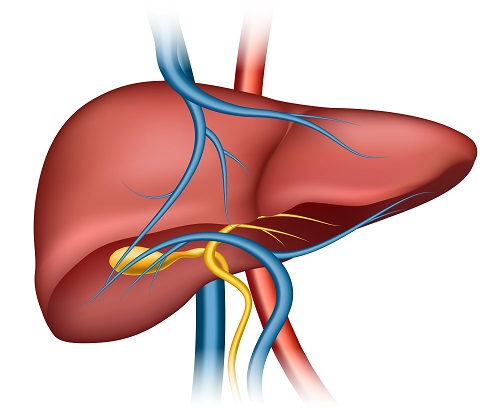

Aakash Hospital Dwarka New Delhi is a reputed healthcare facility known for providing quality medical services. With its focus on patient care and the use of advanced medical technology, the hospital offers a wide range of specialties and treatments. The dedicated team of experienced physicians and staff combines the highest standards of care and patient satisfaction. Akash Hospital is committed to providing compassionate and effective health solutions, making it a trusted destination for medical treatment in Dwarka, New Delhi.
Liver Transplantation at Aakash Dwarka Hospital, New Delhi.
Aakash Hospital located in Dwarka New Delhi, offers liver transplant services as part of its comprehensive health offering. The hospital’s liver department has expertise in liver transplantation and related liver therapies. The team of liver transplant surgeons at Aakash Hospital are highly experienced and skilled in performing successful transplant surgeries.
Dr. Ajitab Srivastava has more than 15 years of experience in Gastrointestinal Surgery and Liver Transplantation. He has achieved outstanding success in prestigious Indian institutions and completed a prestigious fellowship at the University of Rochester in New York. As a founding member of the Transplantation Units, he has developed innovative liver transplantation techniques and contributed to defining standardized protocols. His expertise extends to a wide range of liver, gastrointestinal, kidney and vascular access transplant surgeries. His valuable research has been recognized at prestigious conferences.
Recognized for Excellence
The Liver Department at Aakash Hospital Dwarka is recognized for its excellence and commitment in providing exceptional liver transplant services, making it a trusted destination for liver treatments in New Delhi.
Personalized Care
Liver management at Akash Hospital focuses on providing personalized care and comprehensive support before and after surgery to achieve positive clinical outcomes. The department’s commitment to innovation and continuous improvement in liver transplant procedures ensures that patients receive the best possible medical solutions.
Modern Facilities
The hospital has modern facilities and advanced medical technologies to ensure the highest level of care for patients undergoing liver transplants. The hospital’s liver department follows strict safety protocols and international standards to provide safe and effective transplants to donors and recipients.
Common diseases of the liver
Achievements

A revolutionary approach to the management of liver disease
The liver is a vital organ and, at about 1.5 kilograms in weight, is the second largest organ in a healthy adult. The liver performs a wide range of complex functions, including protein synthesis, vitamin production, bile secretion, clotting factor synthesis, and purification of harmful toxins from the digestive tract. Maintaining a healthy liver is vital to overall health.
Tips for maintaining a healthy liver and a healthy lifestyle:

Modern medical treatment of liver diseases
The latest advances in scientific research and technology have fundamentally changed the diagnosis and treatment of liver disease. Molecular diagnostic techniques, such as PCR, aid in the detection and management of hepatitis B and C viruses. Non-invasive techniques such as hepatic elastography and MRI accurately measure fat and inflammation in the liver without the need for invasive liver tissue collection. Minimally invasive robotic surgery has become an alternative to traditional open surgery, resulting in improved patient outcomes. Effective antiviral therapies for hepatitis B and C viruses have significantly improved patients’ prognosis. Newer therapies aim to halt the progression of fatty liver disease and provide effective management. Irradiation techniques and advanced optical procedures have significantly increased treatment outcomes for cirrhosis and hepatocellular carcinoma.